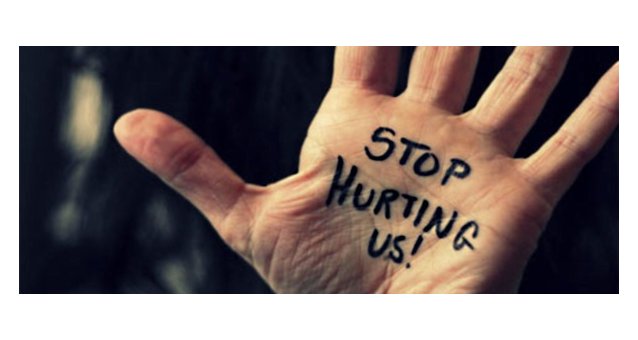Basic rights for crime victims across the EU

[European Parliament, Brussels, 29 March 2012] All crime victims should have the same basic rights across the EU, and should have their specific needs assessed, under a draft EU directive setting minimum protection standards unanimously endorsed by the Civil Liberties and Women’s Rights committees on Tuesday. An estimated 75 million people are victims of crime every year in the EU.
When crimes happen abroad, differing cultures, languages and laws can create serious problems. The draft directive aims to ensure that whatever the crime - mugging, robbery, assault, rape, harassment, hate crime, terrorist attack, or human trafficking - and wherever in the EU it is committed, all victims have the same basic rights to be recognised and treated with respect and dignity, get protection and support for their physical integrity and property, and have access to justice and compensation.
Women’s Rights Committee rapporteur Antonyia Parvanova (ALDE, BG), commented: “Parliament is standing firm to defend effective and specific rights for all crime victims in Europe, taking the specific needs of victims into account and providing them with appropriate support services to help them go through a particularly difficult moment of their lives. Women are particularly exposed to hidden and unreported forms of violence, and while establishing minimum standards for the protection of all victims, it is essential that issues such as gender-based violence are recognised and properly addressed".
Vulnerable victims and individual assessments
Under the Commission proposal, children, persons with disabilities, victims of rape and victims of human trafficking will be considered vulnerable and will benefit from special treatment. MEPs propose to extend the list of vulnerable victims and include asylum seekers and refugees, elderly and victims of gender-based violence, terrorism, organised crime, violence in close relationships, torture, hate crime, organ trafficking and attempted homicide. Relatives of murdered persons should also be considered vulnerable.
Furthermore, the committees insist that all victims should undergo an individual assessment to determine whether they are vulnerable. Based on personal risks, such as age, gender, ethnicity, race, religion or sexual orientation, and the type of crime, any person could be vulnerable and could have specific needs, says the approved text, adding that individual assessments should be carried out several times throughout the criminal proceedings to take account of any changes in the victim’s situation.
Support services
Member States should ensure that victims and their relatives have access to free of charge, easily accessible and confidential victim support services (for example, psychological assistance) from the moment the victims suffer harm, during and after the conclusion of the investigation and trial and regardless of where the crime takes place, says the text. Specialist support services should be set up for victims with specific needs, such as victims of gender-based violence or children, it adds.
Information in a simple language
Victims need to be informed from the start about their rights, either orally or in writing, in simple and accessible language and in a language that they understand. Victims should also be enabled to report the crime and take part actively in the criminal proceedings (interviews and court hearings) in a language that they understand. Interpretation and translation services would be made available to this end, MEPs say.
Children
Children’s specific rights and needs should be taken into account in all cases. Also, child victims should be given the opportunity to play an active role in criminal proceedings and to have their testimony taken into account.
Legal status
MEPs inserted an amendment saying that all victims of crime should be protected under this directive, regardless of their legal status.
The proposed directive was endorsed with 52 votes in favour and none against.
Source: European Parliament LIBE Committee: http://www.europarl.europa.eu/sides/getDoc.do?pubRef=-%2f%2fEP%2f%2fTEXT%2bIM-PRESS%2b20120326IPR41845%2b0%2bDOC%2bXML%2bV0%2f%2fEN&language=EN




